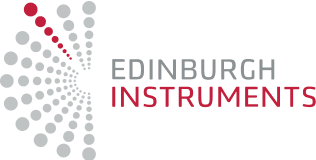May 8, 2024
This Application Note demonstrates Raman and PL characterisation and imaging of a GaN device using an Edinburgh Instruments RMS1000 Confocal Microscope. It is shown that both optical techniques are sensitive to even the most subtle changes in the material and that when coupled to a microscope, the spatial resolution of different states within the material is possible.
April 17, 2024
Here, the IR5 FTIR Spectrometer is used to demonstrate the versatility and practicality of FTIR spectroscopy in the field of food science and technology. Specifically, when combined with a heated Attenuated Total Reflectance (ATR) accessory it highlights the instrument's capability to analyse complex lipid such as butter.
March 12, 2024
This application note shows how to assess olive oil quality and quantify adulterants using the DS5 UV-Vis Spectrophotometer.
March 12, 2024
This Application Note demonstrates a complete upconversion luminescence characterisation of upconversion nanoparticles using the Edinburgh Instruments FS5 Spectrofluorometer. The flexible source, detector and sample module upgrade options of the FS5 enables upconversion spectral, lifetime and quantum yield measurements to be performed in a single compact instrument.
March 12, 2024
This Application Note highlights how the FLS1000 Photoluminescence Spectrometer can be optimised for spectral and lifetime measurements in the NIR/MIR spectral region for measuring an Er-based fluoride glass using a 980 nm laser diode and a MIR InAs-3100 detector.
February 20, 2024
In this Application Note, the capability of the RM5 and Ramacle® software for graphene analysis is demonstrated by mapping the layer number, strain, and defects on graphene films.
February 16, 2024
This application note shows how to characterise the triplet state of a common photosensitiser, rose bengal, as well as singlet oxygen phosphorescence using the same instrument, the LP980 Transient Absorption Spectrometer.
January 31, 2024
This Application Note demonstrates how the alignment of carbon nanotube architectures can be probed using angle-polarised Raman microscopy with the Edinburgh Instruments RM5
January 22, 2024
This application note, Raman Microscopy for Pharmaceutical Analysis, gives a complete overview of the pharmaceutical applications of the RM5 and RMS1000 Confocal Raman Microscopes.
January 16, 2024
In this Application Note, Raman spectroscopy is coupled with principal component analysis (PCA) to discriminate between bacterial species.








